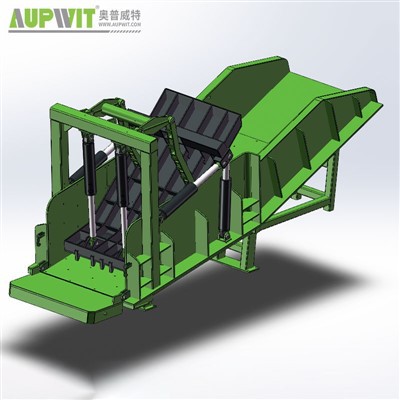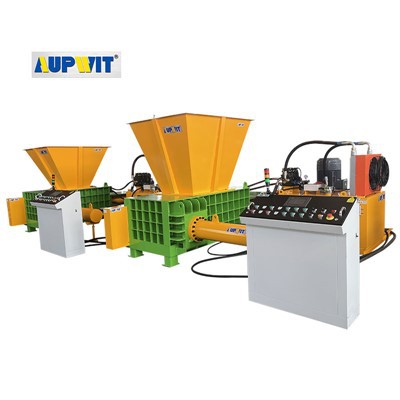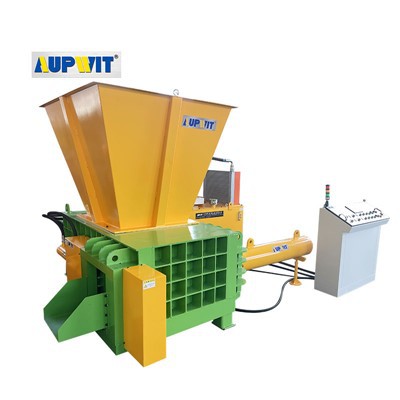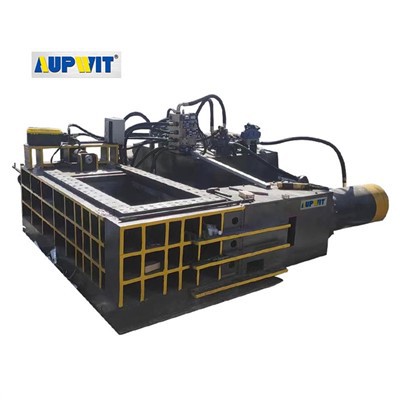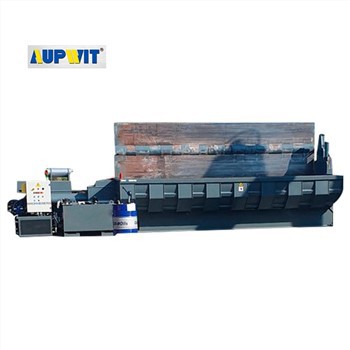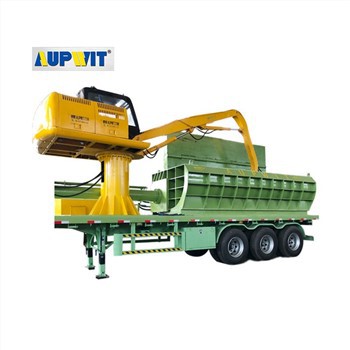Optimal Operating Temperature for Aluminium Briquetting
Determining the optimal operating temperature for an aluminium briquetting machine is crucial for ensuring efficient performance and product quality. This temperature range is influenced by multiple factors, including the type of aluminium waste being processed, machine design, and ambient conditions.
Temperature Balance
The optimal temperature should balance the need to soften aluminium particles for effective bonding without causing material degradation. Aluminium becomes more malleable at moderate temperatures, allowing the machine's pressure to form dense, cohesive briquettes.
- Excessively low temperatures can make the material too rigid, requiring higher pressure and increasing energy consumption
- Overly high temperatures may lead to surface oxidation or structural weakening of the briquettes
Machine Components
Machine components also influence temperature requirements. Hydraulic systems and motors generate heat during operation, which can affect the working environment.
Ambient Conditions
Ambient conditions play a role in maintaining optimal temperatures:
- In cold environments, pre-heating the aluminium waste or insulating the machine may be necessary to reach the ideal operating range
- In hot climates, proper ventilation and cooling systems help prevent the machine from exceeding recommended temperatures, ensuring consistent performance
Operational Monitoring
Operators should monitor temperature indicators and adjust settings based on material feedback:
- Briquettes that crumble easily may indicate insufficient temperature
- Excessive smoke or discoloration suggests overheating
Regular maintenance of heating and cooling systems helps sustain the optimal temperature range, maximizing machine efficiency and extending equipment lifespan.


